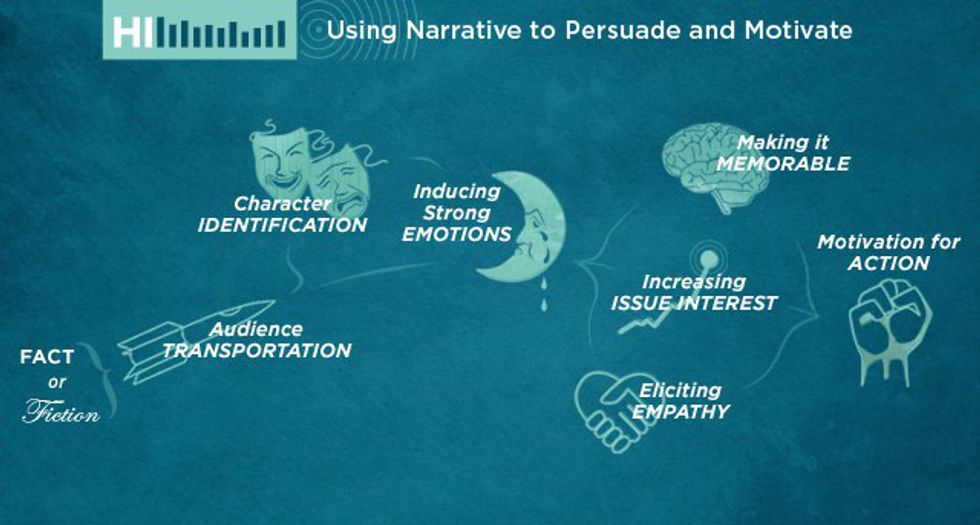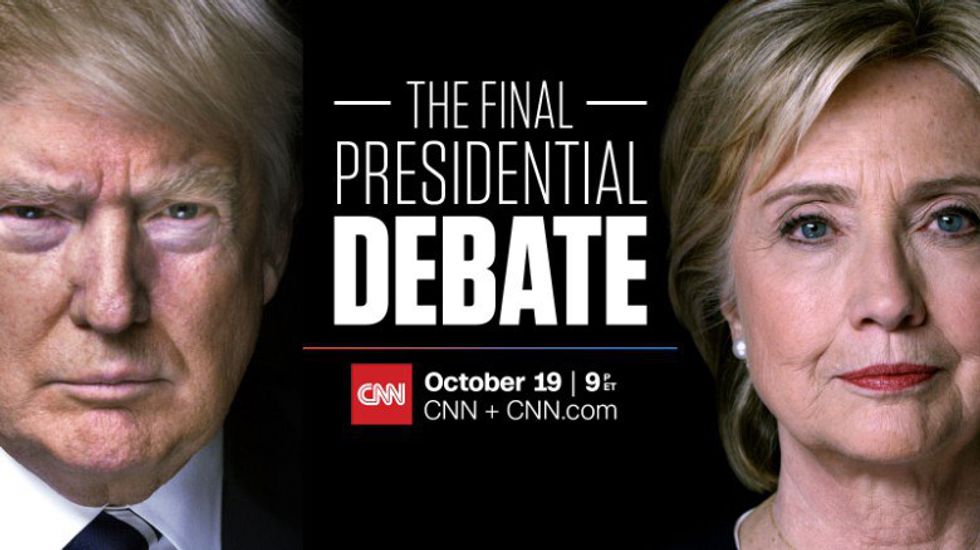A couple of weeks ago, I was introduced to UnREAL, an American drama television series that premiered on Lifetime on June 1st, 2015. The story is this: a young television producer is being pushed by her ambitious boss to to disregard integrity and fabricate prurient show content. This series gave us a glimpse into the world of reality television show creators and how they construct their stories. Interestingly, in the first episode, this behind the scenes team created a narrative, assigning identifiers to the different contestants on their show. Villain, hero, sidekick; which character was going to get most sympathy etc... Then I realized something. If Reality TV is as doctored as this show is, what makes me think that the political elections are any less manipulated.
The more I think about the election coverage and the way that the candidates were being presented to the world, the more I believe that an intentional narrative was created and fed to people. Hillary was the hero on the road to redemption. Trump was the infallible radical villain who alienates those politically, socially and economically impoverished. Bernie was the underdog ideal candidate; the one who would’ve probably been thrown under the bus as consequence of people’s ignorance and cynicism. The rest of the candidates acted as hero’s obstacles and remained a small part of the election story.
The candidates played into these rolls, embracing the implicit labels the media had placed on them. Remember however, these stories were created at the commencement of the election process. A binary narrative involving hero and villain was created the moment both candidates announced that they were running. Trump, a democrat until he decided to change his political affiliation to identify himself as republican, had never been as radically anti-human rights until the election started. Hillary, who was born to a republican family and claimed she was a moderate for many years before she ran for president, was never as liberal as she is right now. Being on the fence about things doesn’t get you the votes. This 2016 election functioned in absolutes; in order to win you needed to choose one side and commit.
This begs the question: with Trump as President, should we be as worried as we are right now? We must keep in mind however that he did desensitize a whole American populace from considering political, economic and sociological perspectives of the sexually, ethnically, racially and racially diverse people in this nation. Since his election, Trump has redacted many of his discriminatory actions (mostly because he probably realized he’s not in a position to do so because of his status as President Elect). He didn’t ruin the Iran deal. He removed his Muslim ban statement from his website. He refused to interfere with the Supreme Court’s decision on the Same-Sex Marriage Act. Of course, this can change at anytime considering his volatile personality. Bu if he doesn’t, was Trump just playing the role of the antagonist as a ploy to get elected? While Trump normalized discriminatory behavior, and desensitized the outrage of said citizens being discriminated, I realize that Trump cracked open the floor board on an already festering, discriminatory, institutional foundation. What he did was show the world that the sexist, homophobic, racist, xenophobic roots of America affects people in discreet nuanced ways that make half of the American citizens in the country believe that the other half doesn’t belong.
The media played an unscrupulous role in all of this too. There was limited coverage of every other candidate, as the news created focalized hegemony on the Trump/Hillary narrative. Media Tenor, a content analysis firm, said it best when it claimed that,
“Game-centered reporting has consequences. The media’s tendency to allocate coverage based on winning and losing affects voters’ decisions. The press’s attention to early winners, and its tendency to afford them more positive coverage than their competitors, is not designed to boost their chances, but that’s a predictable effect.
Bernie Sanders was consistently portrayed as the candidate that was “too good to be true: and was immediately given the cold shoulder by the media. He was deemed an impossibility for the future of America because he was “too good” and “optimistic” about the future. The media advertisers anesthetized people to optimistic realities. Instead of seeing hope in a morally good and consistent politician, people and the media dismissed him and decided to play into the stereotype of he corrupt politicians. Bernie Sanders was America’s “one that got away.”
Instead, with the repeated, bipartite coverage convinced people that was an either/or scenario. Hillary or Trump. What spurred my belief in this theory was the final advertisement for the presidential primaries that looked like a WWE commercial.
At first, I thought this was all speculation; a conspiracy theory about the evils of the media and how to manipulate public opinion. But, then I started doing research and came about narrative persuasive psychology, and narrative political communication, all studies that support my claim that this election was probably doctored by the media and that the candidates needed to take on these “good versus evil” personas in order to capture the attention of voters and get America involved in the election.
For instance, communication scholars W.L Bennett and M.Edelman who have studied the role that narrative plays in politics through news media claim that the story transmitted through mass media act as barriers to solving social problems by casting policy issues in simplistic, ideological terms.” It gets even more interested when both scholars in their article Towards a New Political Narrative published in the Journal of Communication discuss how “the power of narratives to label political participants as “heroes” or “villains” or “deserving” or “undeserving” create “public policies that are rationalized by the construction of social problems for which they become solutions””.
The Harmony Institute supported a study about how narrative is used to persuade and motivate. I believe that this also applies to how the media controlled the coverage around the elections. Whether or not Trump is a true republican, or Hillary a true Democrat, the audience was transported to identify both of those characters in the developing narratives as binary to each other. Trump, deciding to take a radical stance on many issues he didn’t have a problem with in the past, became the villain of the story, inducing strong emotions from the American public.

As scary as this media narrative tampering is, the argument is able to stand. It was created in a very similar way to the story timeline created by the protagonist on the Lifetime series UnREAL. The machination behind the narrative, the premeditated outcome, the establishing of a solid hero’s journey narrative all at the cost of a country’s divide. Perhaps our desire to be led by story will spur your intellectual downfall. Only time will tell.






















